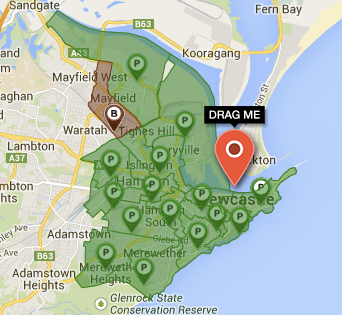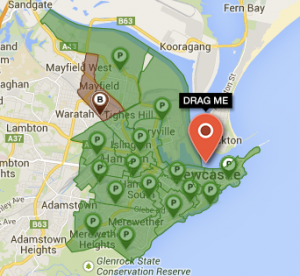It’s never pleasing to see your home “country” up in arms in protest. Having grown up in Hong Kong for the first six years of my life, the influence Hong Kong — despite not being a country of its own — remains embedded in who I am as a person… much more so than that of mainland China which I had never had the chance to visit.
I was born on the same year that Hong Kong was handed back over to China — 1997… so it’s been a short 17 years since the handover and for the most part, I’m led to believe that life has remained relatively normal. Uniquely enough, democracy (in essence) has somehow co-existed in a special region of a communist country of China. This is what this “Occupy Central” or “Occupy HK” campaign has lived up to — civil disobedience and protests is the very lifeblood of democracy.
I won’t explore much about the actual campaign. I believe it’s one of many that will continue for the next few years. But the question is: how will China’s commitment to keep Hong Kong as a separate state (the so-called Special Administrative Region) hold up for the next 50 years?
Assimilation and integration appears to be the inevitable consequence of this handover… both of which have seen to become devastating approaches when implemented in other countries. You only have to look at Australia, and Stolen Generation to see the consequence of poor integration and assimilation policies. It has rarely worked.
But… you might also be scratching your head… wouldn’t the barrier between China and Hong Kong be significantly lower given both are of the same ethnicity — that is, Chinese? Well, yes and no. Being of the same ethnicity is a good start… but many of the major barriers still remain.
Within the people, the culture, attitudes and language is vastly different. I, for one, cannot speak Mandarin (which is the primary dialect of Chinese in mainland China)… but have sufficient skills to communicate in Cantonese — the dominant language within Hong Kong. Culture is different — having been a British colony for over 100 years, Hong Kong is also subjected to an anglicised society where, some would argue, there are apparent differences when it comes to civility and orderliness. There are obvious contrasts between citizen’s current rights and freedoms. It’s probably a fair observation to say that many Hong Kong citizens are displeased with the “infiltration” of mainland travellers into the city in recent times.
But both China and Hong Kong have changed significantly since the British handed it back to China. There was the Chinese boom, and suddenly, China became wealthy and far more powerful in the international stage. Hong Kong was no longer the “rich Chinese cousin” of China and nor is it the gateway into China it once was. Some may say this left Hong Kong jealous, others would say their mainland Chinese population are now oppressing the Hong Kong citizens.
There are many, many barriers that many Hong Kong citizens will struggle to break down in the next 50 years. That is a given. It’s the eventual truth that Hong Kong will gradually lose its democratic rights during these 50 years to transition back into its communist ruling. Many, especially the youth of my age, will struggle to comprehend and accept this transition. Many will immigrate to other countries to seek for their “democratic rights”, perhaps. But others will accept it in a disgruntled manner.
But in my opinion, it’s better to start this slow and painful integration and assimilation earlier in small gradual progressions then to have a sudden shift towards the last few years of the 50 years of the hold-off period. In an ideal world perhaps, the Central Chinese Government could limit their involvement in Hong Kong until the 50 years is up and then attempt the integration afterwards… but that doesn’t look like it’s going to happen.
There will be plenty more protests ahead, I’m sure. It’s a right for citizens of Hong Kong to exercise these democratic rights they now have. I live in democratic society today too, so I’d definitely be encouraging everyone (who can and wants to) to cherish this unique opportunity to “speak out”… before you lose the ability to even do something as simple as that. So yes, OccupyHK! Protest! And remember, Great Firewall of China is only 33 years away, maybe even less.

